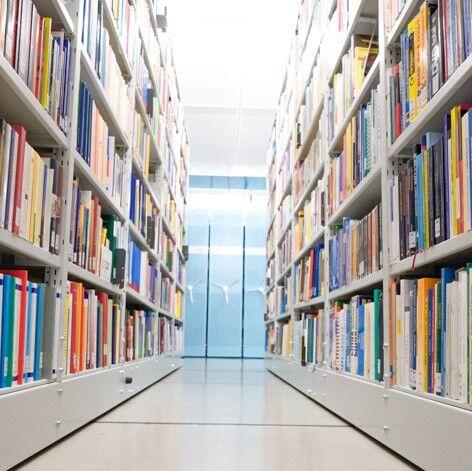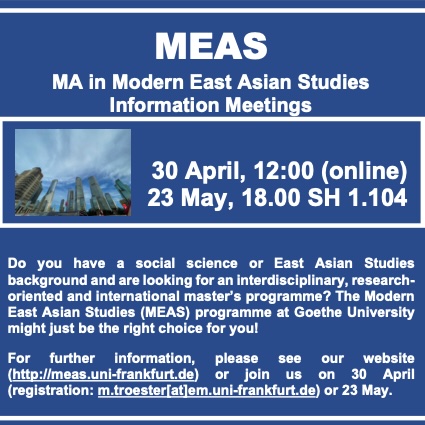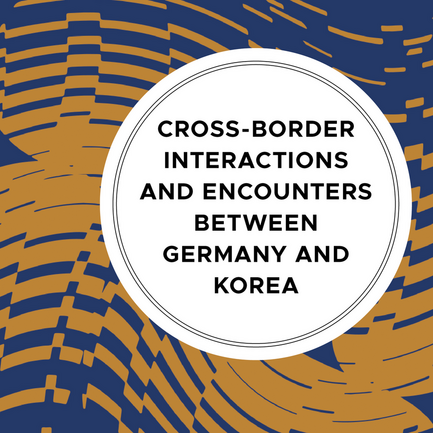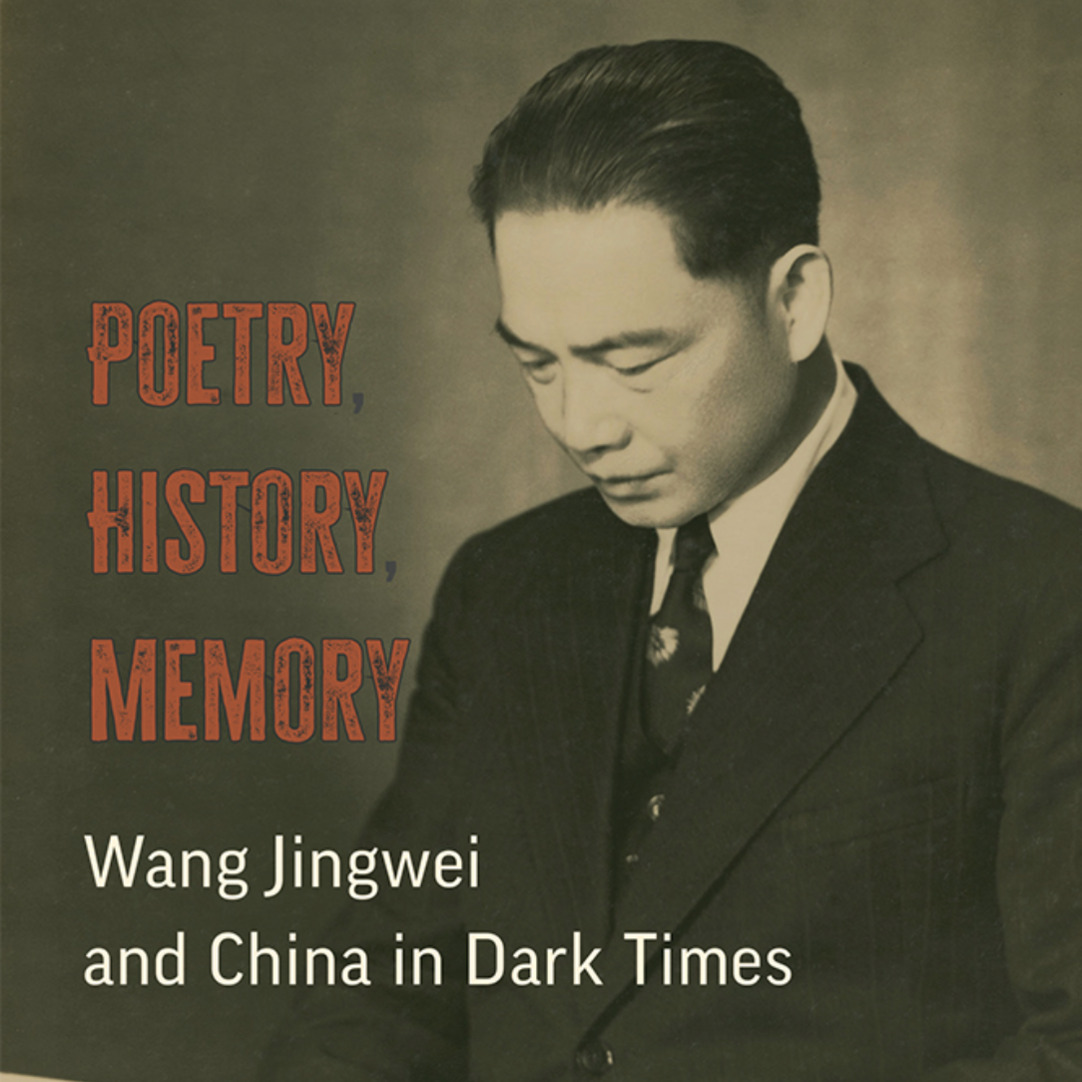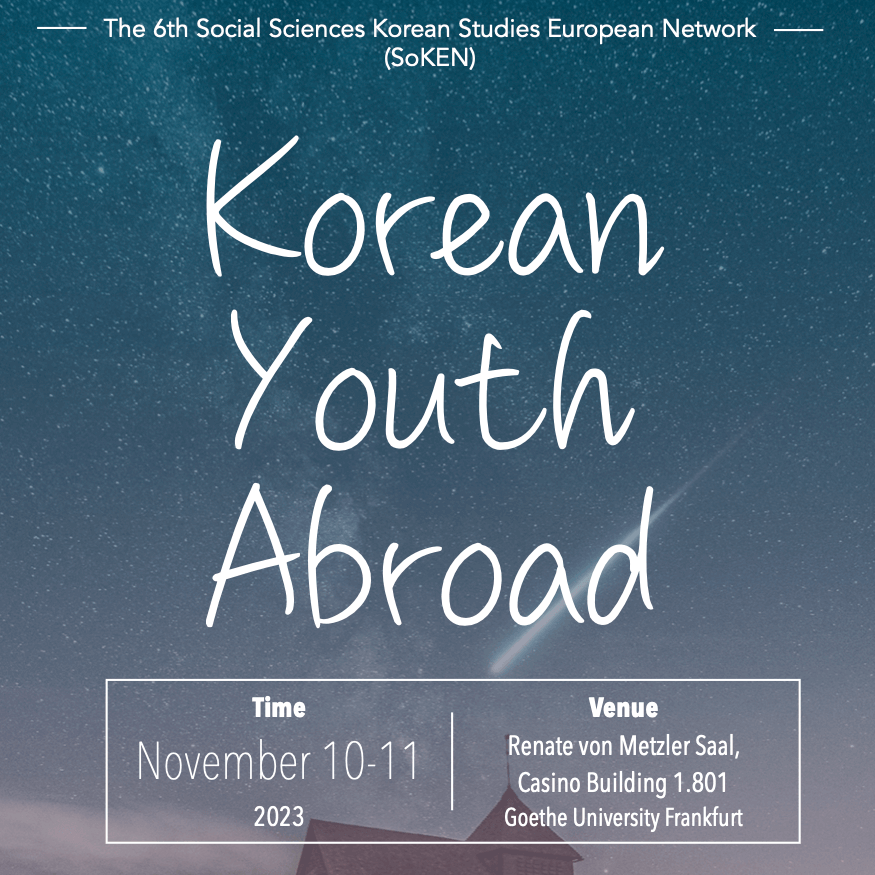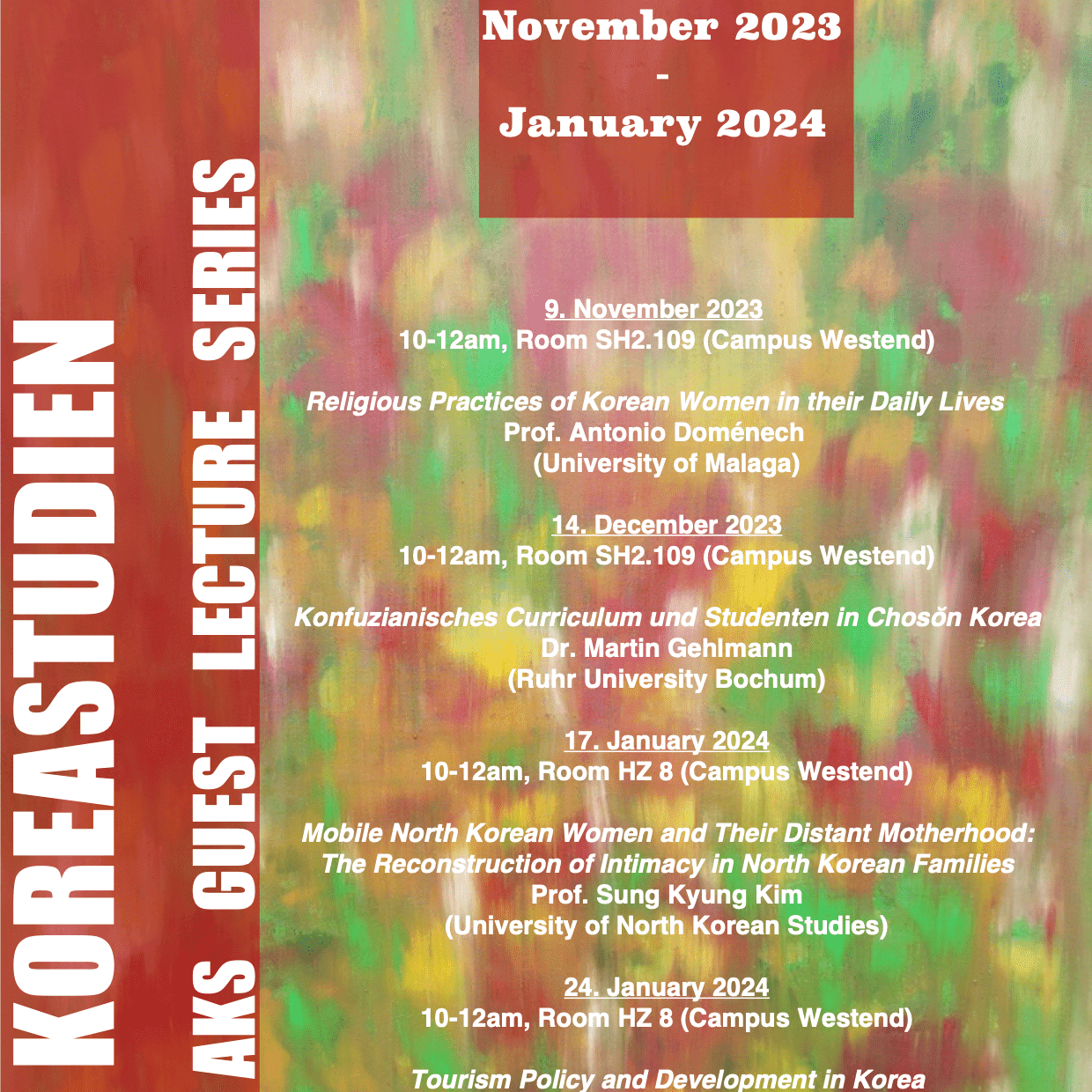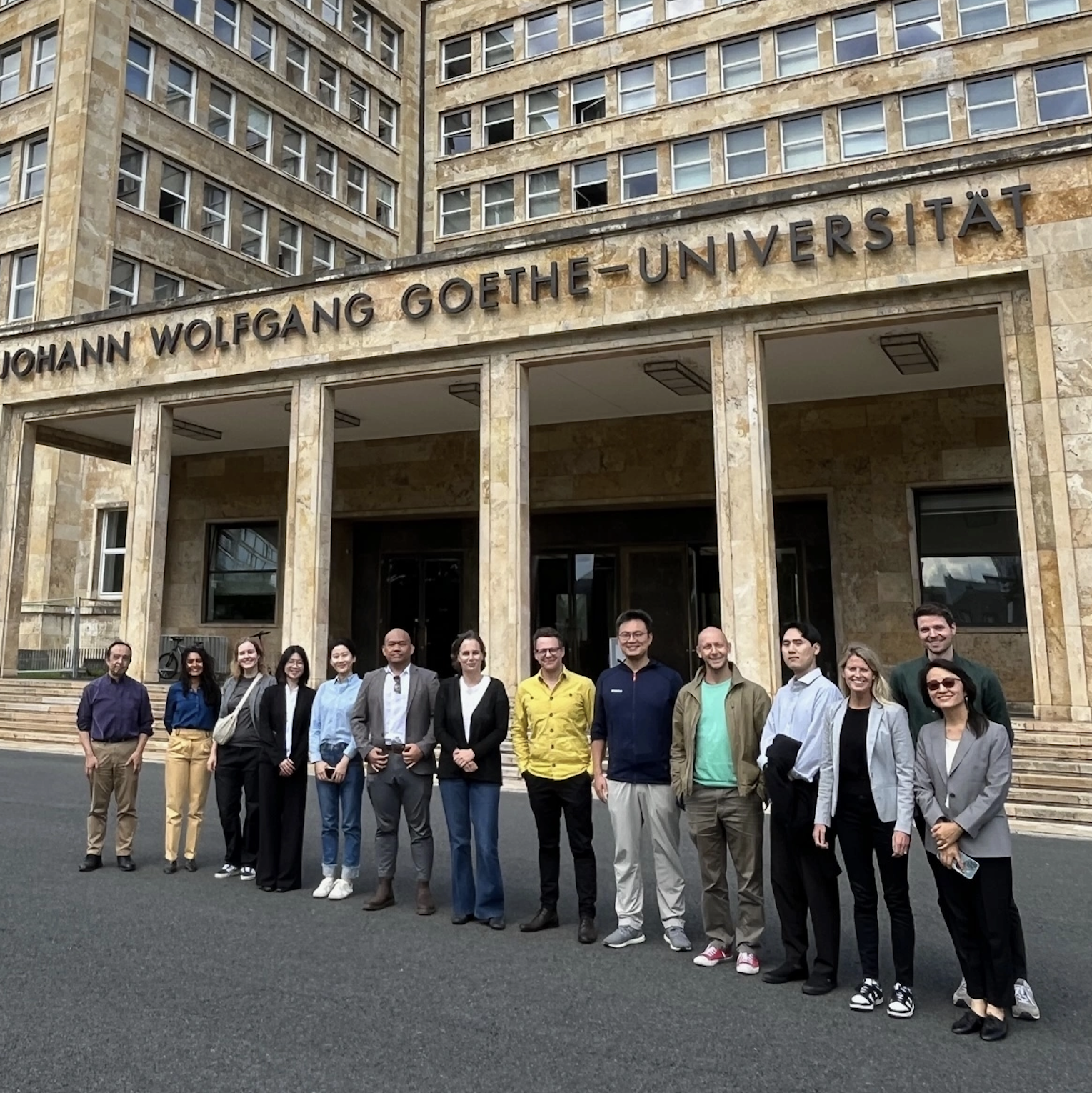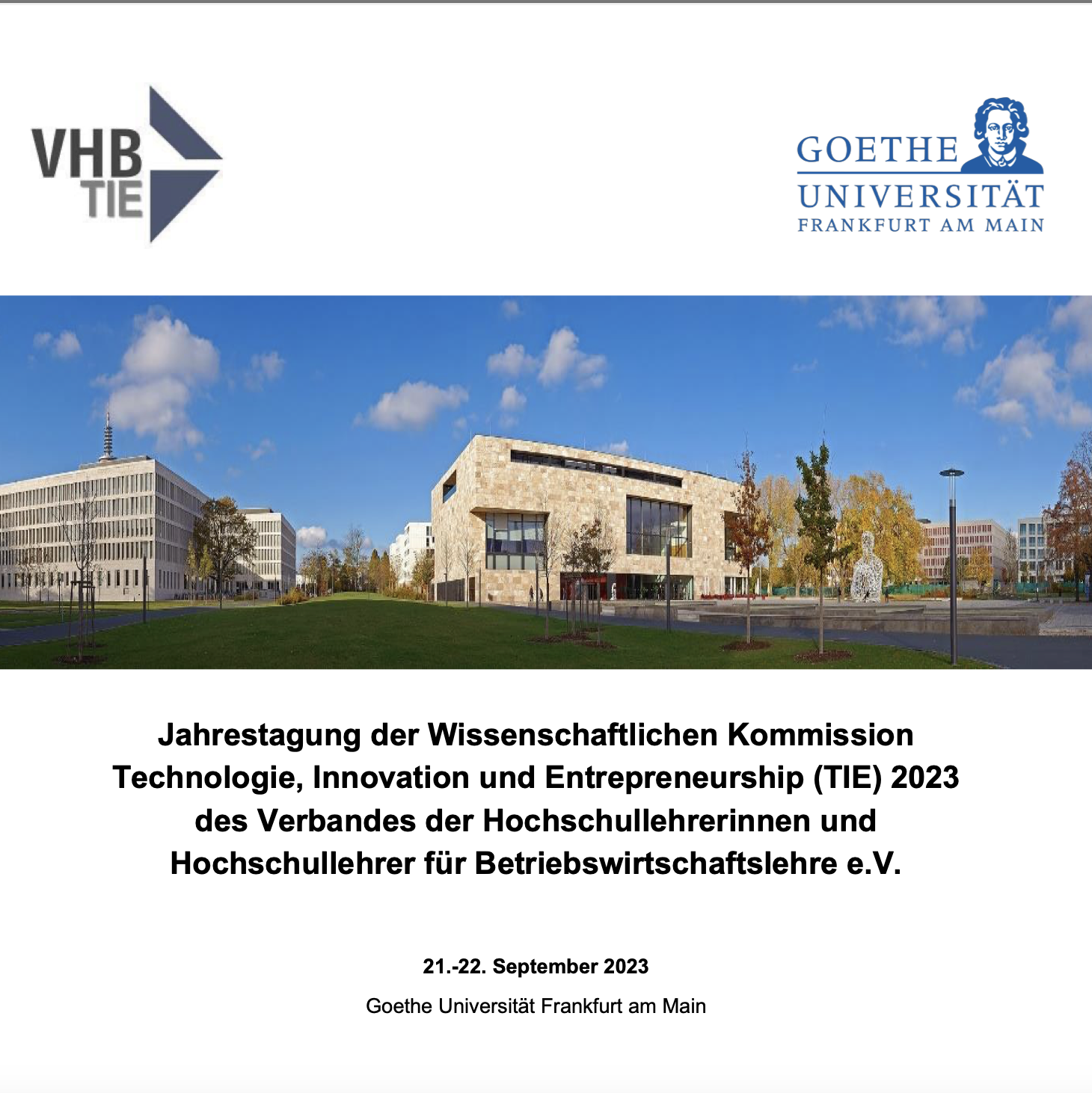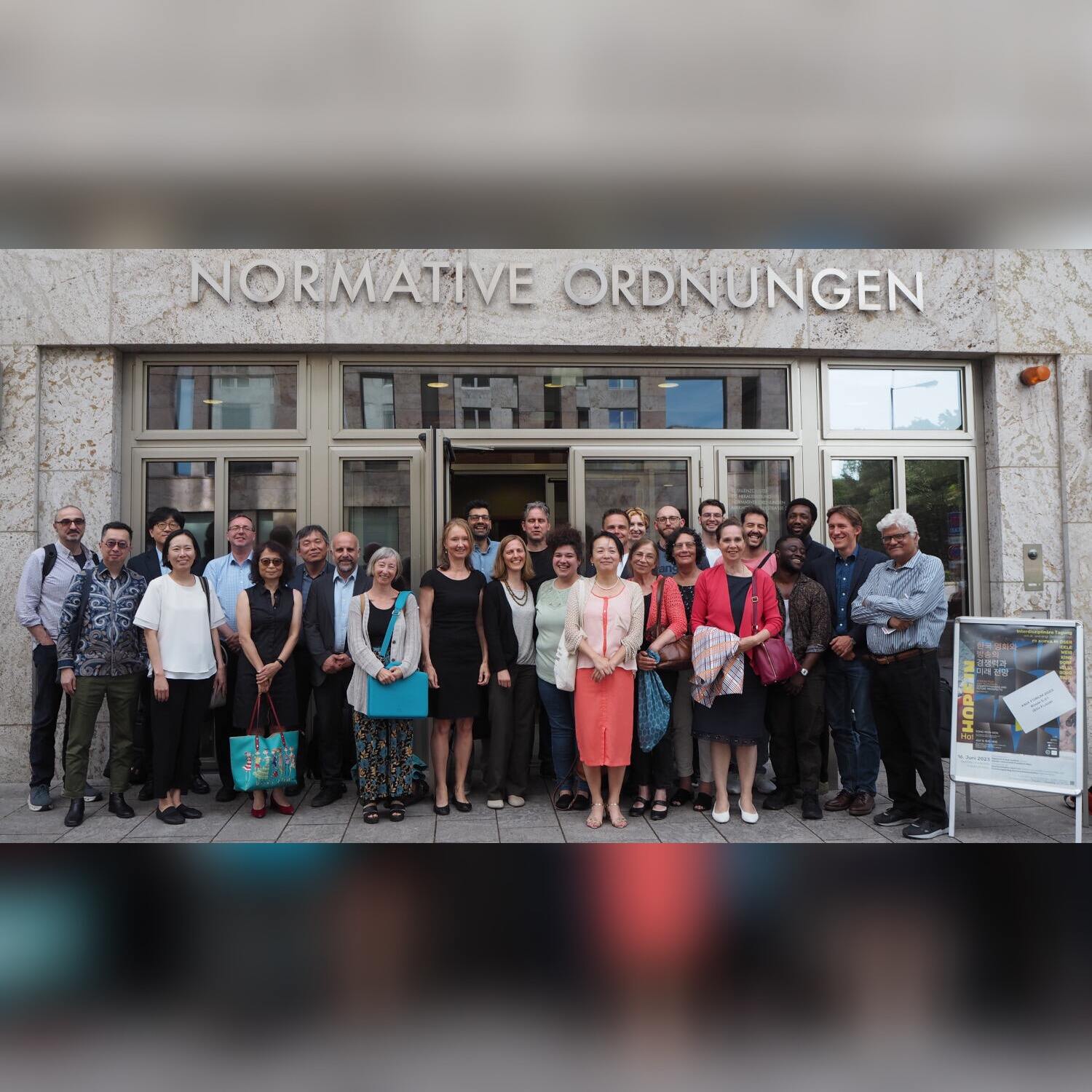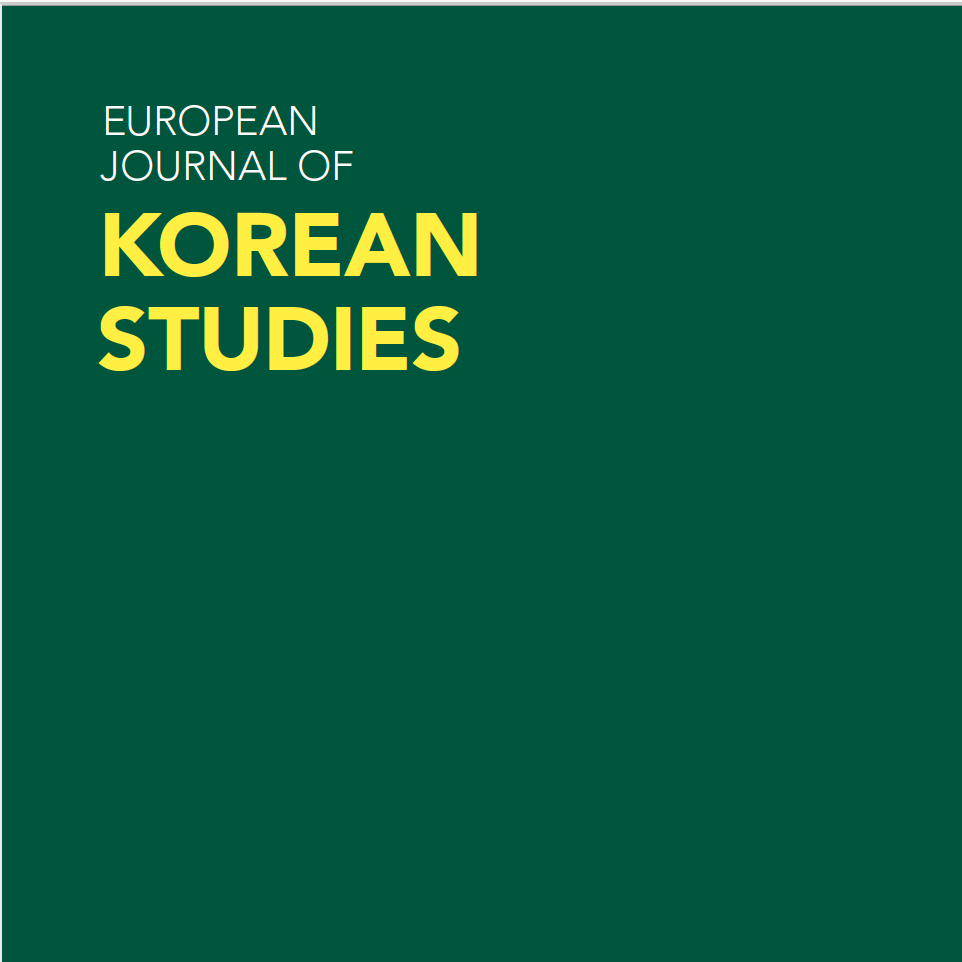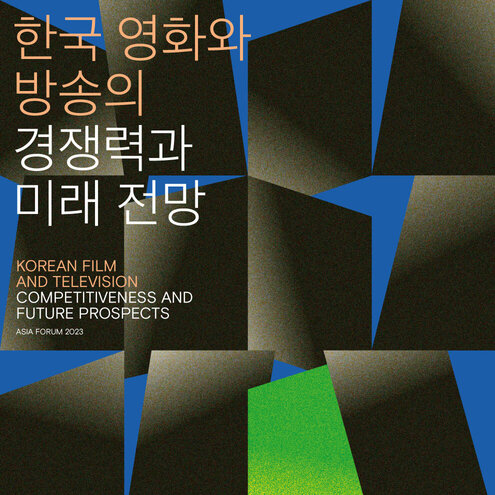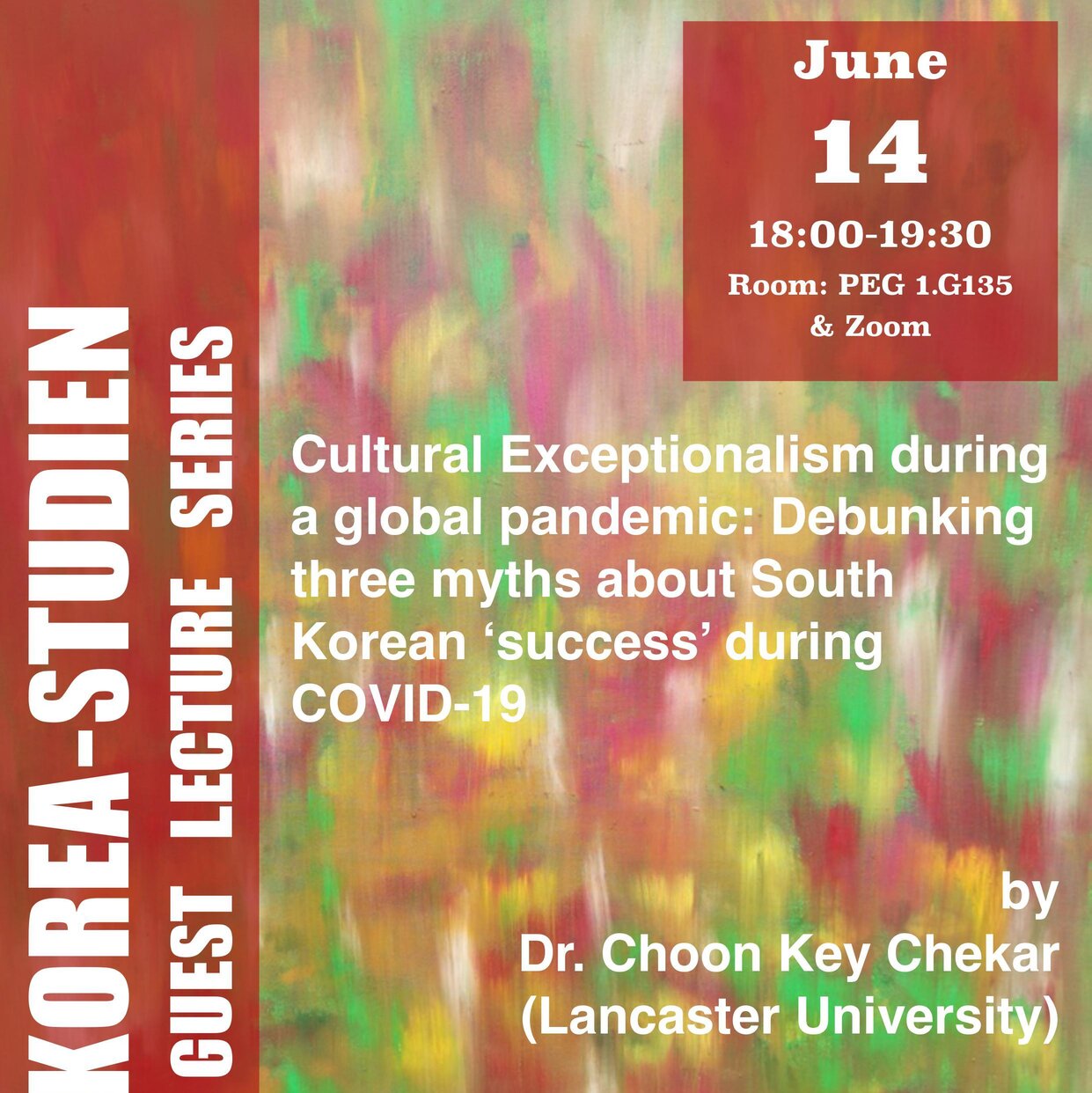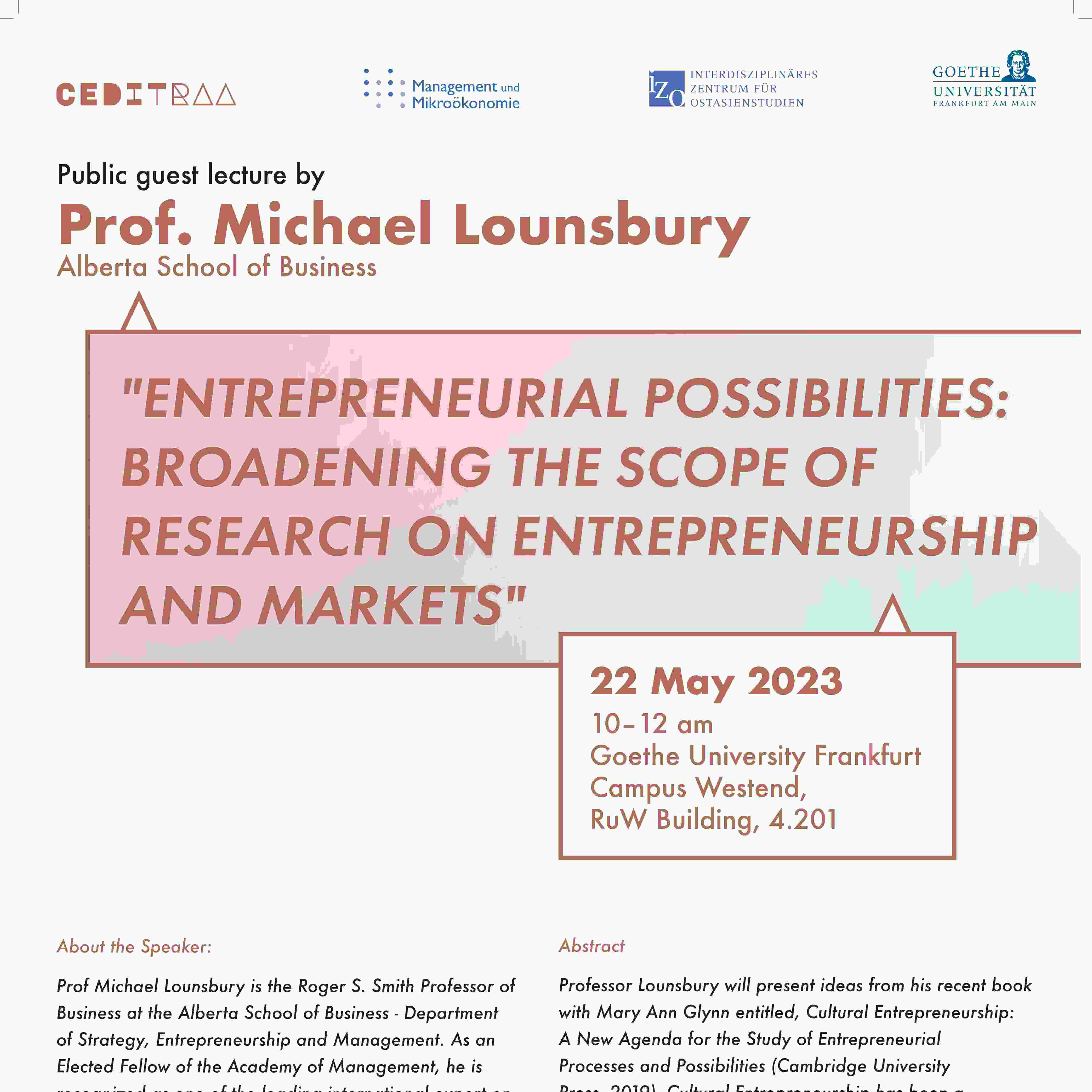News

on IZO events and publications.
on IZO events and publications.

on IZO events and publications.
on IZO events and publications.
Search for all News
Current Research
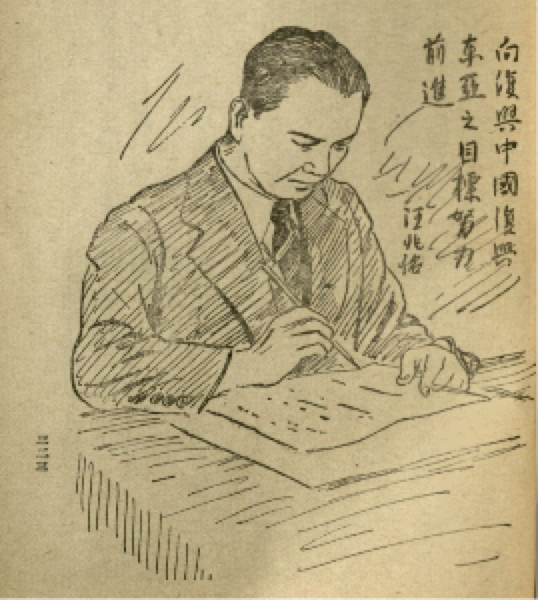
Citation:
Zhiyi Yang. “The Memory of an Assassin and Problems of Legitimacy in the Wang Jingwei Regime (1940–1945)," Harvard Journal of Asiatic Studies 80.1 (2020): 37–83.
Image Description and Credit:
Fig. Wang Jingwei in suit and tie, writing “Advance, toward the goal of China's renaissance and East Asia's renaissance!", illustration by Itō Kikuzō, 1941
Source: Yamanaka Minetarō, Shin Chūgoku no dai shidōsha, p. 323. Image courtesy of Harvard Yenching Library of the Harvard College Library, Harvard University
IZO Events
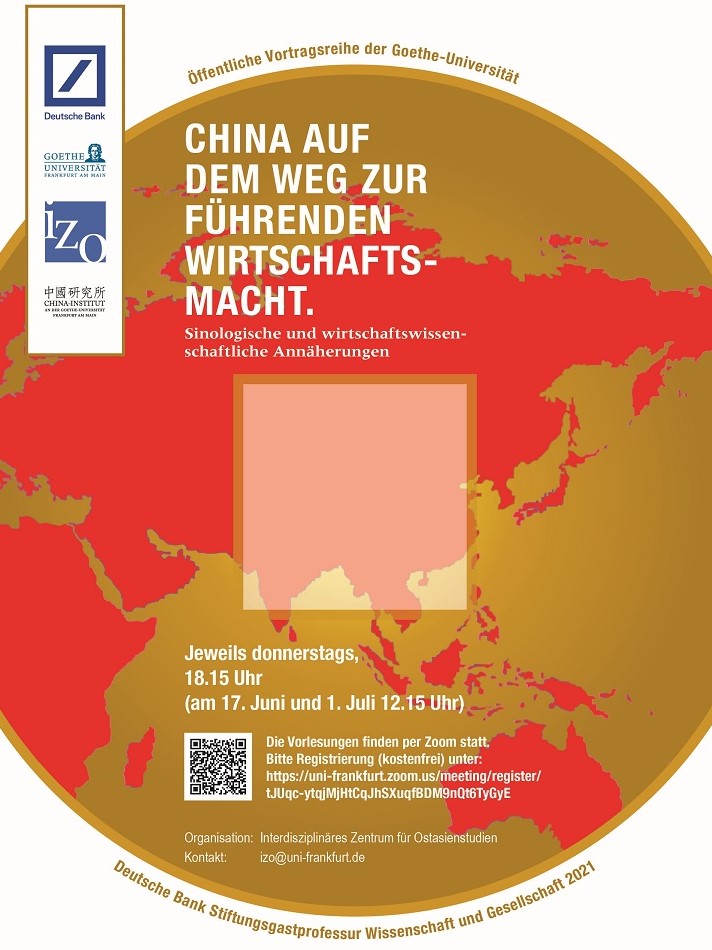
At the beginning of the coming semester the IZO launches a new project. In connexion with the chair “Knowledge and Society“ endowed by Deutsche Bank, we offer in the summer semester an online series of lectures on “China on the way to becoming the leading economic power: Sinological and economic perspectives".
In this lecture series funded by the Deutsche Bank Foundation, renowned academics from several fields of expertise will address a number of topics related to China's rise to economic power. The lectures are interlinked by their common topic, but they can also be appreciated as freestanding talks.
Anyone who wishes to follow these thought-provoking talks and discussions about China's development is most welcome, whether they are students, academics or members of the general public.
Current Research
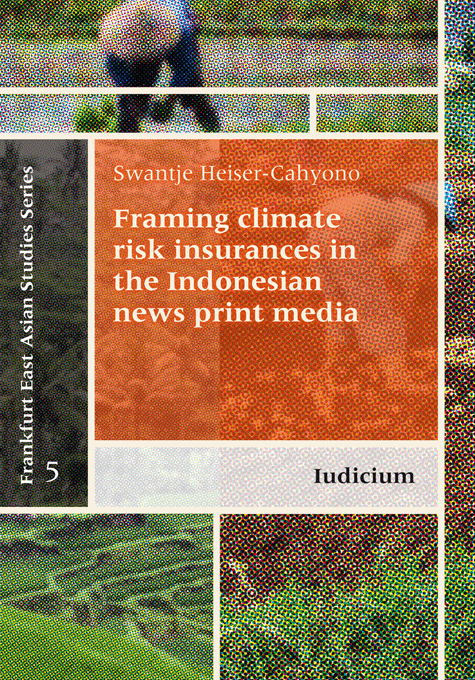
Content: In the context of global climate change, climate risk insurances are generally highlighted as a key element of adaptation to and management of global climate risks. This research is concerned with Indonesia's approach to such insurances and discusses the country's motivation to implement a national climate risk insurance programme. By drawing on media theories on frames and framing and by using frame analysis, this study identifies six frames that the Indonesian government and/or Indonesian journalists apply with regard to interpreting climate risk insurances, and locates the results in the wider international discourse. In addition, the analysis of both governmental and journalistic frames also allows to assess the present relation between the government and the press, which looks back at a very specific interconnection due to Indonesia's socio-political history.
More information on the iudicium website.
Announcements
Third-party funding for QuaMaFA, 2021-2024
Understanding Skilled Labour Migration in East Asia: Research Project led by Goethe University Receives 2 Million Euros in Funding.
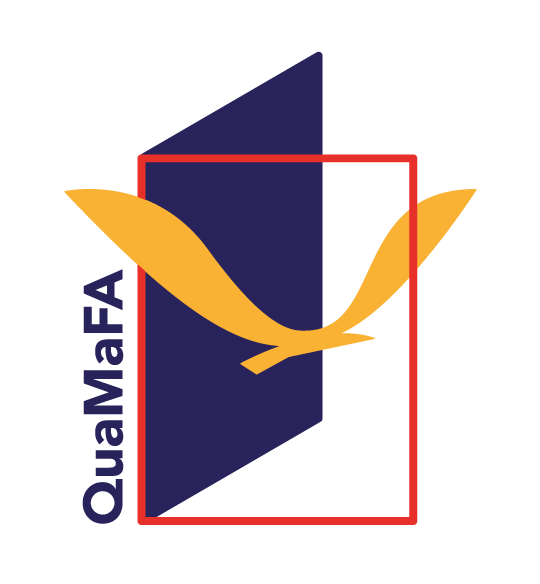
Aging societies in industrialised nations need skilled workers - specialists in the IT sector, in innovative start-ups, or from top universities. This applies to Germany as well as to the East Asian countries of South Korea, Singapore, China, and especially Japan. Because of their quality of life and lucrative renumeration, these countries are attractive for qualified migrants. But the recipe for success in the competition for the best brains is far from clear: What attracts well-trained specialists to Japan, South Korea, China, or Singapore? What facilitates, and what hinders the integration of skilled foreign workers? What social networks do skilled migrant workers develop? What role does their own initiative for further qualification, their ethnicity and nationality, their gender and multilingualism play? And what causes skilled workers to return to their home countries after years?
More information here.
Announcements
Under the title "East Asian labor market: What attracts the best minds abroad", the Goethe University reports on its website about the new BMBF-funded IZO joint project "Qualification" in the migration process of foreign skilled workers in Asia (QuaMaFA) under the direction of Dr. Ruth Achenbach.
Current Research
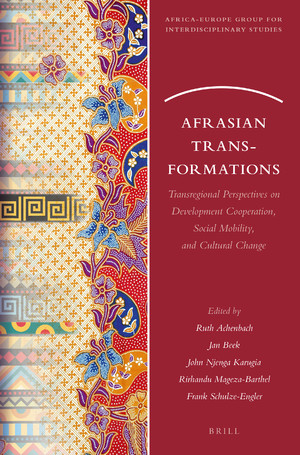
The final volume of the externally funded project Africa's Asian Options (AFRASO) has been published by Brill Academic Publishers.
Ruth Achenbach, Jan Beek, John Njenga Karugia, Rirhandu Mageza-Barthel, and Frank Schulze-Engler (Hg.): Afrasian Transformations: Transregional Perspectives on Development Cooperation, Social Mobility, and Cultural Change, Brill, 2020.
African-Asian interactions contribute to the emergence of a decentred, multi-polar world in which different actors need to redefine themselves and their relations to each other. Afrasian Transformations explores these changes to map out several arenas where these transformations have already produced startling results: development politics, South-South cooperation, cultural memory, mobile lifeworlds and transcultural connectivity. The contributions in this volume neither celebrate these shifting dynamics as felicitous proof of a new age of South-South solidarity, nor do they debunk them as yet another instance of burgeoning geopolitical hegemony. Instead, they seek to come to terms with the ambivalences, contradictions and potential benefits entailed in these transformations – that are also altering our understanding of (trans)area in an increasingly globalized world.
Contributors include: Seifudein Adem, Nafeesah Allen, Jan Beek, Tom De Bruyn, Casper Hendrik Claassen, Astrid Erll, Hanna Getachew Amare, John Njenga Karugia, Guive Khan-Mohammad, Vinay Lal, Pavan Kumar Malreddy, Jamie Monson, Diderot Nguepjouo, Satwinder S. Rehal, Ute Röschenthaler, Alexandra Samokhvalova, Darryl C. Thomas, and Sophia Thubauville.
For more details see https://brill.com/view/title/56548
- Studying at Goethe University
- International applicants
- Faculties
- Overview of study programmes
- Programme for refugees
- GRADE
- Goethe Business School (continuing education)
- Research at Goethe University
- Scientific news
- Goethe Welcome Center (for international researchers)
- Collaborative research projects
- Individual research
- Visiting fellowships
- Endowed chairs
- About the University
- News-in-brief
- University administration
- Campus locations
- Campus life
- University archives (German)
- Rhine-Main-Universities

